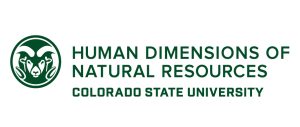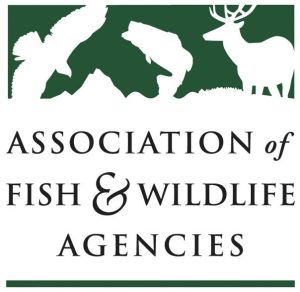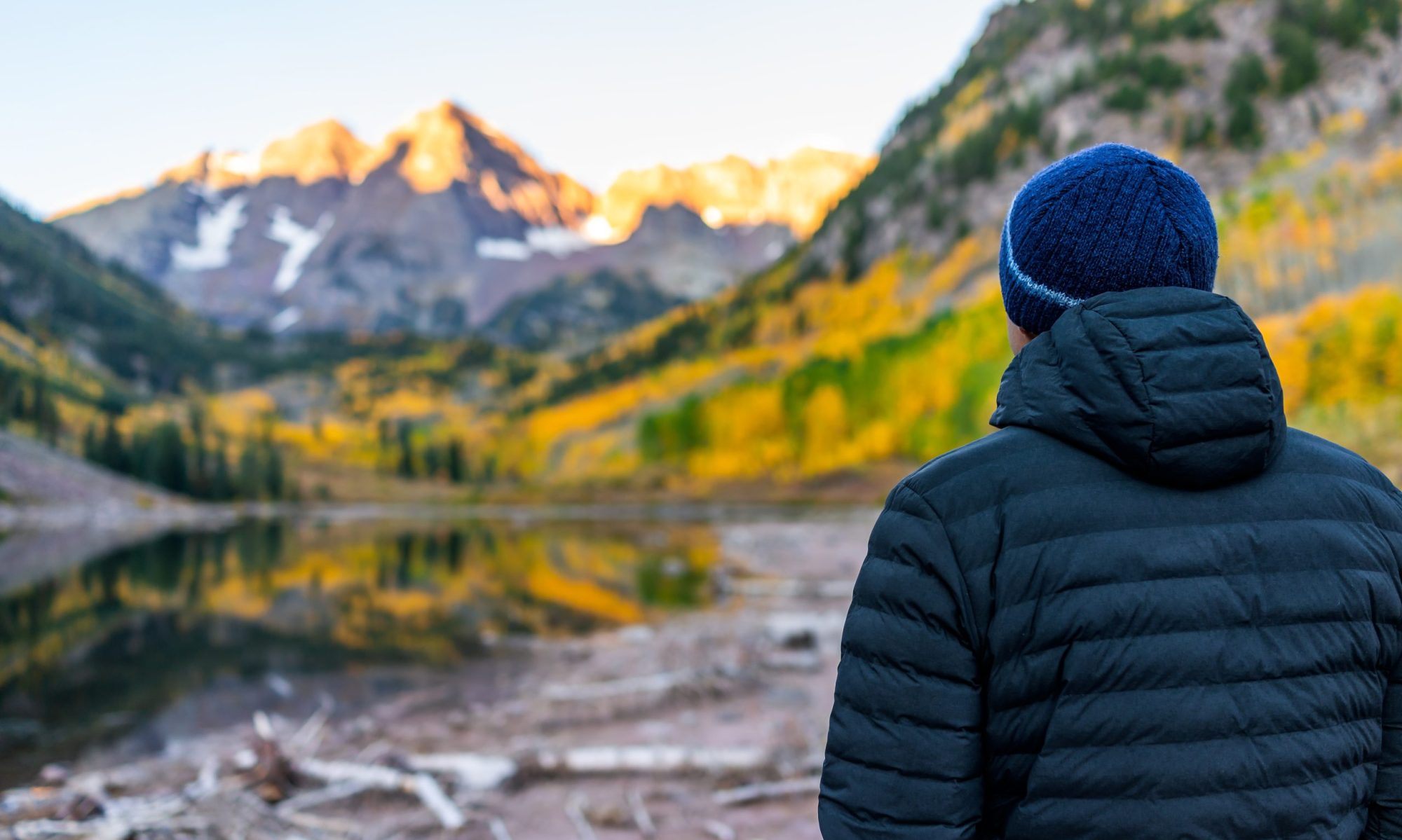Plenary Speakers
The Pathways 2023 Team is thrilled to announce the following plenary speakers.
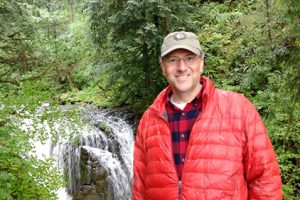
Title of Talk: Working in Partnership with Bears as Emissaries for the Natural World, a Case Study of Brooks Camp, Katmai National Park, Alaska, USA
Mark Sturm
Superintendent, Katmai National Park
Biography: Mark Sturm, a career natural resource manager, is the superintendent at Katmai National Park and Preserve.
Prior to this position, since 2012, Sturm was the biological resource program manager for the National Park Service’s Intermountain Region, a position that includes oversight of a wide range of professional staff supporting natural resource work in more than 80 areas in the National Park System. His team’s work has included high profile wildlife projects involving bears, wolves, bison, elk and bighorn sheep; fisheries work on the Colorado River, habitat restoration; and even consideration of the implications of climate change on NPS trust resources.
His prior work – from 2008-2012 – included oversight of resource management at Organ Pipe Cactus National Monument in Arizona, a park with complex border security, cultural and natural resource, visitation and facility issues.
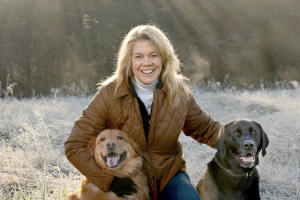
Title of Talk: The Values War in Conservation: Change is a Coming—Are We Ready?
Sara Parker Pauley
Director, Missouri Department of Conservation
Biography: Sara Parker Pauley serves as the ninth director of the Missouri Department of Conservation since its formation in 1937. The Missouri Conservation Commission announced Pauley’s selection effective November 1, 2016.
A native of Columbia, Pauley received both her law degree and bachelor’s degree in journalism from the University of Missouri – Columbia, and did post-graduate studies in Australia as a Rotary Fellow. She previously served as director of the Missouri Department of Natural Resources since 2010. She has worked as project manager for D.J. Case & Associates, a natural resources communications firm, and as a deputy director for the Missouri Department of Natural Resources. She has been an instructor at the University of Missouri’s School of Natural Resources, teaching a course in natural resource policy and administration.
Pauley began her professional career as a Policy Analyst with the Missouri Department of Conservation from 1993–1996. Over the years, though her career path varied, it has never strayed far from her personal desire to be engaged in the stewardship of Missouri’s natural resources.
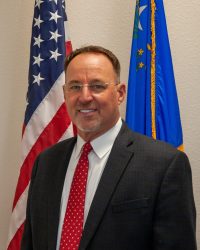
Title of Talk: Conserving Individuals at the Expense of Populations: The irony of mutualism
Tony Wasley
President,
Wildlife Management Institute
Biography: Tony Wasley is the President of WMI, a 112-year-old, non-profit conservation organization dedicated to science-based, professional wildlife management. WMI’s mission is to enhance North American wildlife populations, their habitat, and the continent’s hunting heritage. Tony serves on the Blue-Ribbon Panel Relevancy Working Group (Co-Chair), American Wildlife Conservation Partners, Council to Advance Hunting and Shooting Sports, and Theodore Roosevelt Conservation Partnership Policy Committee. He is a professional member of the Boone and Crockett Club and The Wildlife Society. Prior to joining WMI, Tony served as Director of the Nevada Department of Wildlife, and also served as the Deer Project Leader, a Game Biologist, and a Habitat Staff Specialist within that Department. Tony served as Chairman of the North American Wetland Conservation Council, on the Departments of Interior and Agriculture’s Hunting and Wildlife Conservation Council, President of the Association of Fish and Wildlife Agencies, President of the Western Association of Fish and Wildlife Agencies, and as Chairman of the Intermountain West Joint Venture Management Board, Pacific Flyway Council, and Colorado River Fish and Wildlife Council. Tony has received conservation related awards from The Mule Deer Foundation, The Wild Sheep Foundation, Pheasants Forever, Pope and Young, and Back Country Hunters and Anglers. He received B.S. Degrees in Biological Sciences and Wildlife Management from California State University Chico and an M.S. Degree in Biology from Idaho State University.
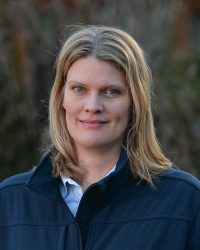
Title of Talk: Why We Need Conflict Resolution for the Future of Biodiversity Conservation
Alexandra Zimmermann
Senior Research Fellow, Wildlife Conservation Research Unit, University of Oxford
Biography: Dr. Zimmermann specializes in human-wildlife conflict, in particular conflict analysis, mediation, policy and training. Her applied work concentrates mostly on community engagement and stakeholder dialogue, while her research focusses on quantitative and qualitative social research on livelihoods and the socio-cultural aspects of living near wildlife. She also works on policy and capacity building for conservation conflict mediation, particularly at national and intergovernmental levels.
Zimmermann is Chair of the IUCN SSC Human-Wildlife Conflict Task Force and Senior Advisor on Human-Wildlife Conflict at the Global Wildlife Program of the World Bank. She is a Member of the IUCN Commission on Environmental, Economic and Social Policy (CEESP), the IUCN SSC Asian Elephant Specialist Group, the Cat Specialist Group, IUCN SOS Technical Advisory Board, and the Conservation Advisory Board of Elephant Family. She was previously with Chester Zoo for 18 years, most recently as Head of Conservation Science, focusing on research & development, strategic partnerships, and monitoring and evaluation.
Based at WildCRU, she leads a partnership between Chester Zoo and WildCRU which comprises an interdisciplinary team of doctoral and postdoctoral researchers studying a range of human-wildlife interactions around the globe. Her work on human-wildlife conflict has included jaguars and pumas in Brazil and Venezuela, elephants in India and Indonesia, tigers in Nepal, bears in Bolivia, and fruit bats in Mauritius. She also designed and led five Darwin Initiative grants on human-wildlife conflict in India, Indonesia, Nepal, and Bolivia.
Zimmermann studied Zoology at Leeds University (BSc, 1997), Conservation Biology at the Durrell Institute for Conservation and Ecology (MSc, 2000), carried out her doctorate in WildCRU, Oxford University (DPhil, 2014), and trained in nonprofit strategic management at Harvard Business School (2015), conflict negotiation at Harvard Law School (2017) and diplomatic negotiation at the United Nations (UNITAR, 2019).
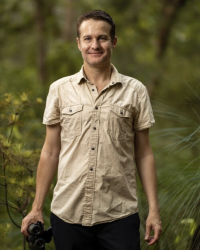
Title of Talk: Navigating Conflicts Over the Sustainable Use of Wildlife
Duan Biggs
Olajos Goslow Chair of Environmental Science and Policy, Northern Arizona University
Biography: Duan is the Olajos Goslow Chair of Environmental Science and Policy at Northern Arizona University. He focusses on developing partnerships between researchers and NGOs, governments, and the private sector that supports and informs conservation actions and policies for the complex challenges of today’s contested world. Duan is the founder of the Resilient Conservation. He was born in Namibia and grew up there and in South Africa’s Kruger National Park. Duan has adjunct appointments at Griffith University in Australia, and Stellenbosch University in South Africa.
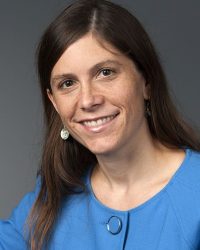
Title of Talk: Agencies Can Make New Friends but Keep the Old Through Wildlife Viewing
Ashley Dayer
Associate Professor, Department of Fish and Wildlife Conservation, Virginia Tech
Biography: Dr. Dayer is a conservation social scientist. Her research program focuses on understanding people’s and organization’s conservation behavior, especially related to bird conservation, private lands habitat conservation, human-wildlife conflict, endangered species management, and citizen science. As part of this research, she explores the role that policy tools and educational interventions can play in influencing behavior. Much of her current research is part of interdisciplinary (social and natural sciences) teams and focused on bridging the implementation gap between science and conservation.
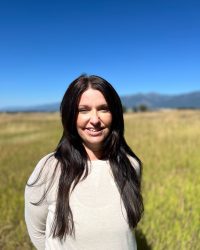
Amy Coffman
Native American Liaison
U.S. Fish and Wildlife Service
Biography: Amy Coffman is a Bitterroot Salish and Gros Ventre (both Montana Tribes). She was born and raised on the Flathead Reservation of Montana and was able to move home in 2019. She is a proud mother of three children and three dogs and has been married for 20 years to her husband, TJ. Her career with the federal government allowed her to be a refuge manager with the U.S. Fish and Wildlife Service for over 16 years. She is now a regional Native American Liaison for the Mountain-Prairie Region of the U.S. Fish and Wildlife Service.
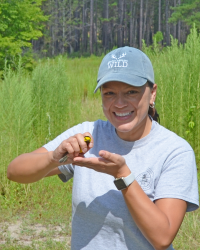
ALIX PEDRAZA
Community Engagement Manager
South Carolina Department of Natural Resources
Biography: Alix Pedraza serves as the Community Engagement Manager for the South Carolina Department of Natural Resources (SCDNR). She holds a bachelor’s degree in biology from Coastal Carolina, and a master’s degree from Clemson University in Parks Recreation and Tourism Management. Originally from Colombia, South America, Pedraza moved to South Carolina in hopes to learn English, today she facilitates SCDNR communication and education initiatives that connect Spanish speaking and African American communities to natural resources information, public events, opportunities, and advisories. Pedraza was honored by The Wildlife Society, receiving the 2016 Diversity Award for her invaluable contributions to South Carolina’s Hispanic outreach efforts, by the Association for Conservation Information with the 2018 Education Award for her program “Caminatas Ecológicas” and by the Southeastern Association of Fish and Wildlife Agencies in 2021 with the Diversity and Inclusion Award.
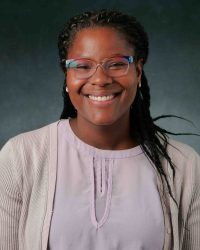
Karen Bailey
Assistant Professor
Environmental Studies, University of Colorado Boulder
Biography: Karen Bailey is interested in human-environment interactions, climate change, and sustainable rural livelihoods. She is an interdisciplinary environmental social scientist and combines social science research with environmental and ecological data to understand feedbacks between communities and their environments, how we can build resilience to climate change, and how to support landscapes that meet human needs and sustainability goals. She also has an emphasis on justice, equity, diversity, and inclusion in environmental fields and STEM more broadly and is committed to research that supports, amplifies and engages the most vulnerable among us. Her current projects focus on climate adaptation in southern Africa, human health and well-being in east Africa, barriers to entry in natural resource fields, just and equitable climate change research, and urban communities and environmental engagement.
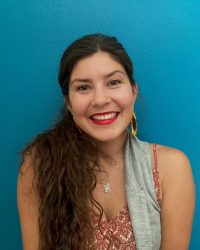
Emma Galofré García
PhD Student
University of Colorado Boulder
Biography: Emma Galofré García (she/her/ella) is a PhD student interested in critical approaches to wildlife ecology and conservation. In addition to her bachelor’s in Wildlife Ecology and master’s in Public Policy, Emma has over a decade of experience in conservation, including working on projects domestically and abroad with an array of bird and mammal species in various habitats and with diverse human communities and stakeholders. Emma is also committed to advancing environmental and climate justice as well as equity, diversity, and inclusion in the conservation, academic, and outdoor recreation communities. Emma currently serves as an individual member of Next 100 Colorado and as an outings leader with Latino Outdoors.
Brought to you by:
